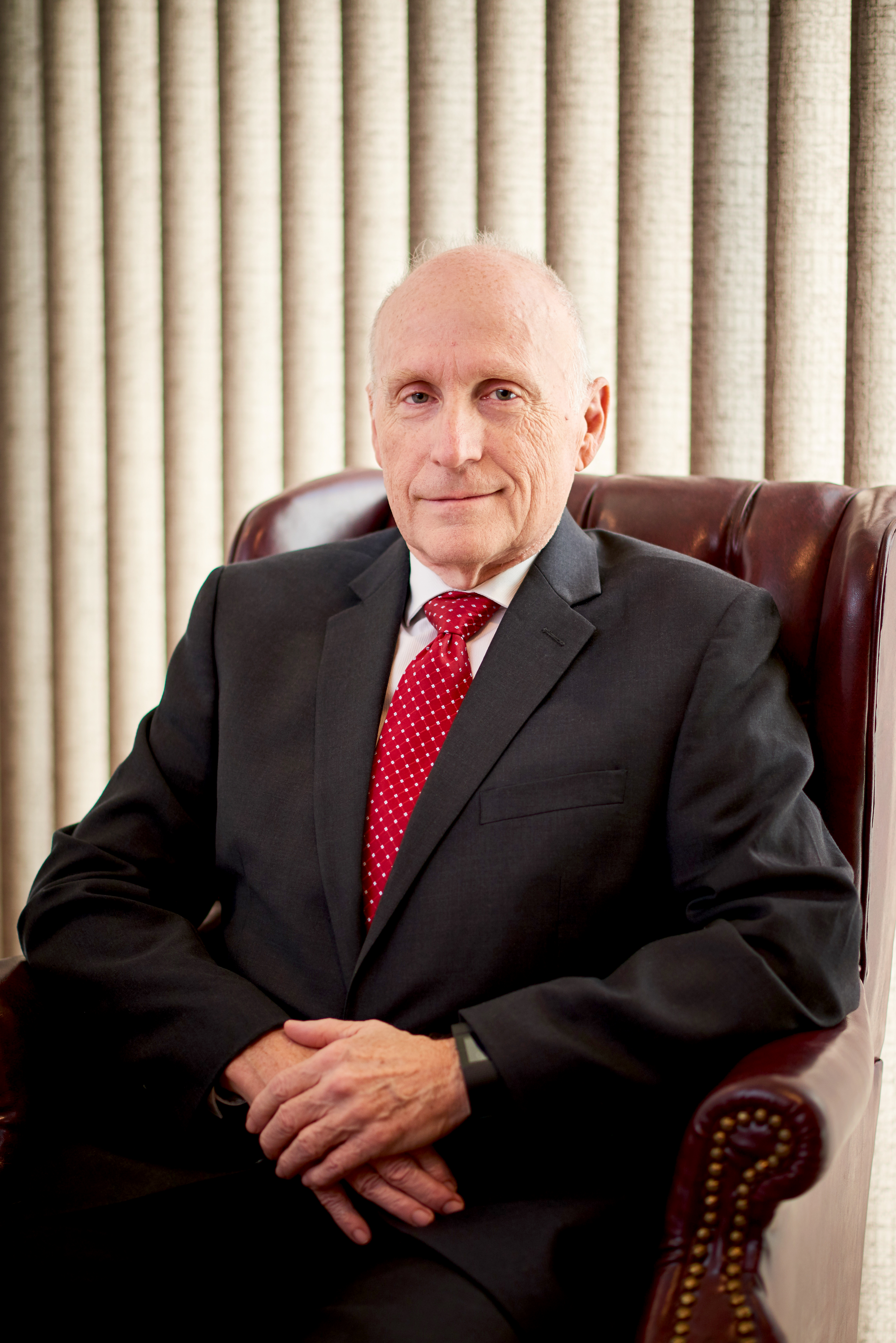Speaker(s):
Angela Gray, MSW, EDs
Presentation: Do you work with an at-risk girl who has a negative or challenging attitude? Challenging attitudes displayed are often camouflaged as a defense mechanism to hide the pain and protect the student from being hurt. These girls are often misunderstood as “troublemakers”. They are dealing with “adult-like” issues, such as drug use in their families, single parent homes, raising their siblings, and some girls are the “breadwinner” of the family. Not to mention the teen issues they are facing, such as a low self-esteem, relationship drama, mean girl bullying, and living up to the expectations placed upon them from social media, music videos, and explicit songs. This workshop session will help participants to better understand and respond to girls with challenging attitudes. Relational aggression among girls will also be explored. During this session, Angela will teach innovative techniques that can help girls empower themselves. She will also share powerful and useful tools to develop a trauma free atmosphere to create girl empowerment. Relationships is the key to building relationships with girls with challenging attitudes. This will be an interactive, fun, and down to earth session you don’t want to miss.
Objectives:
- Define Attitude
- Explore how attitudes are shaped and formed
- Explore how self-esteem impacts teen girls
- Explore the correlation of stress and teen girls
- Describe the socio-economic differences among youth and how it impacts their self-esteem
- Discuss strategies to work with at -risk youth with challenging attitudes
- Examine strategies that professionals can use to help girls with challenging attitudes



